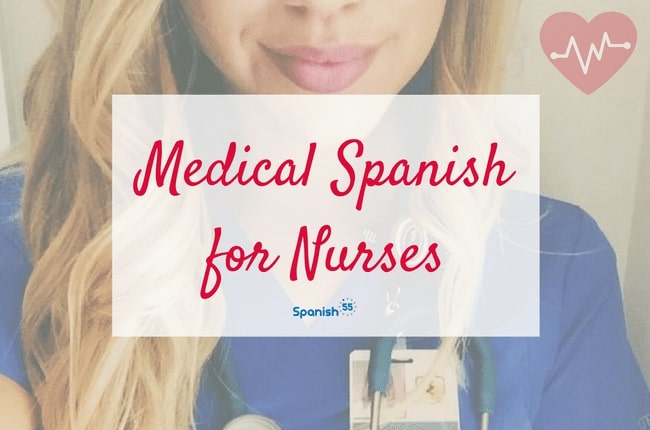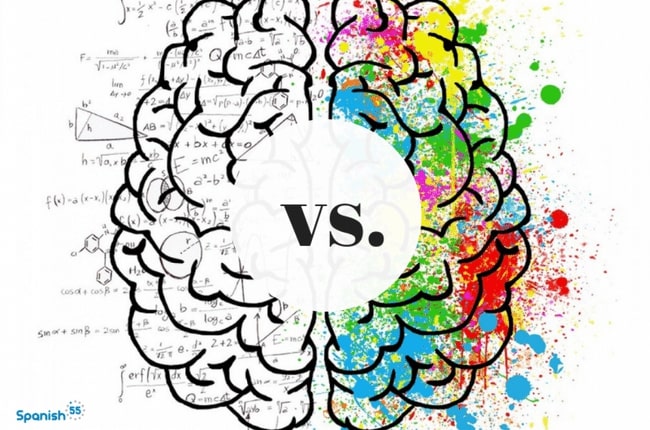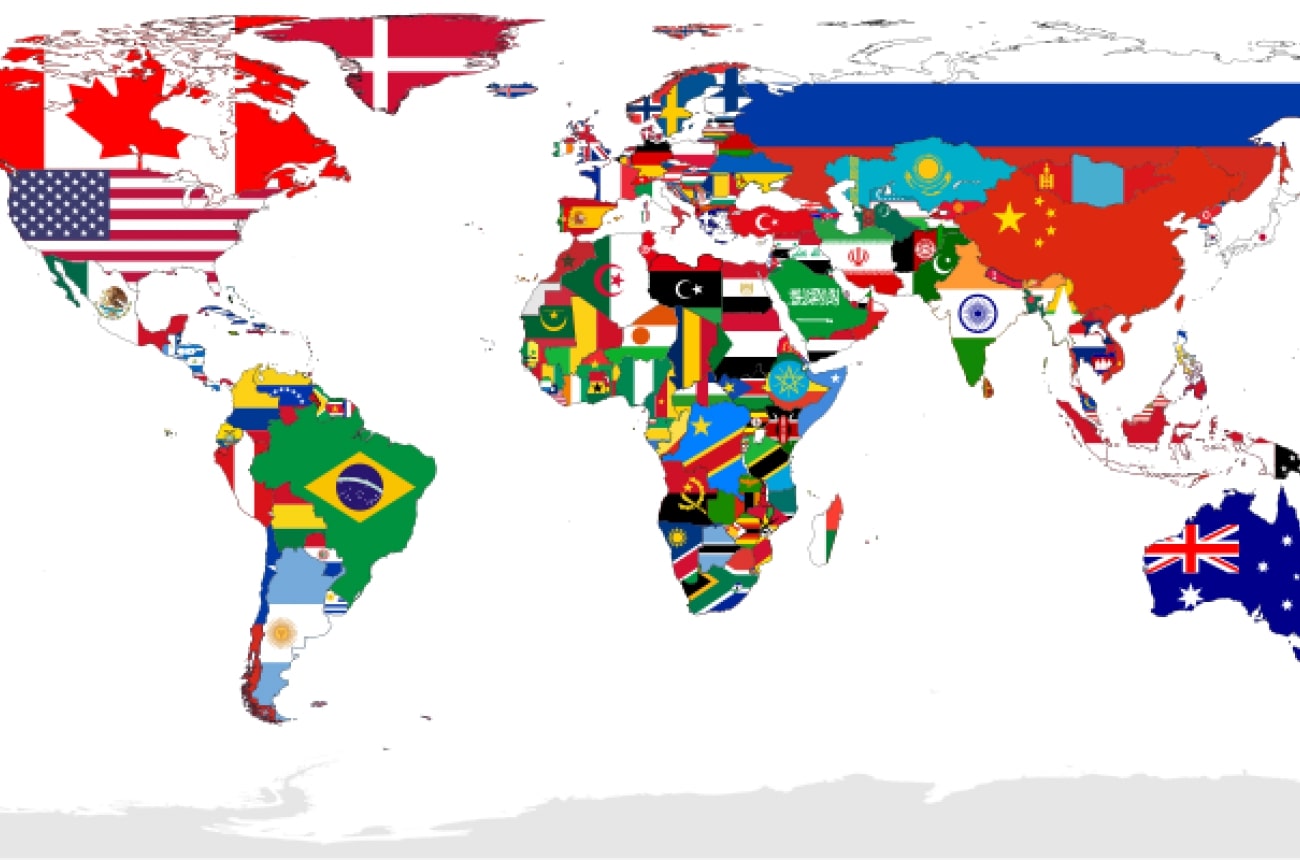Best Resources to Learn Medical Spanish

Image: Unsplash
Doctors are highly valued professionals who, as in many parts of the world, are in short supply in Spanish-speaking countries such as Spain and the South American continent, as well as in Central America. NGOs and corporations often hire doctors in these regions, providing an excellent opportunity to enhance your resume while gaining practical experience and knowledge. If you're interested in this adventure, where you can make a difference and help many people, consider learning the language with online Spanish lessons for healthcare professionals via Skype as you prepare.
Learning Spanish as a doctor offers numerous benefits. It allows you to better attend to your Latin American or Spanish-speaking patients, gaining their trust more quickly and providing them with higher-quality care.
How to learn Spanish for Doctors?
Learning Spanish for doctors can be approached in various ways in our modern digital age, making it accessible for anyone committed to mastering the language. Some of the most effective resources include:
Spanish lessons tailored for healthcare professionals
These lessons focus on advancing grammar, pronunciation, writing skills, and medical terminology. They are designed to achieve two main objectives:
-
Developing conversational fluency and proficiency in general Spanish.
-
Learning specialized clinical terminology used by healthcare professionals.
For physicians, mastering clinical terminology may pose a challenge akin to studying medicine in another language. However, with existing medical knowledge, learning clinical Spanish becomes more manageable. The goal is to effectively communicate medical expertise in Spanish and understand the communication of Hispanic colleagues.
This proficiency becomes particularly vital for doctors intending to practice medicine outside their native country, especially in regions where English proficiency is limited. By mastering Spanish, doctors can bridge linguistic barriers and provide quality medical care to Spanish-speaking communities.
Recorded lessons and vocabulary guides

Image: Unsplash
Recorded lessons and vocabulary guides are valuable resources for learning Spanish, particularly for medical professionals. Recorded classes, available widely on the internet, provide comprehensive tutorials on grammar rules, accent marks, and punctuation in Spanish. While you cannot interact directly with a video, you can replay segments as needed to reinforce your understanding.
Vocabulary guides are equally essential, offering an extensive array of words to expand your lexicon. Incorporating new vocabulary enhances your ability to communicate effectively. While both resources have their advantages and limitations, they play a crucial role in your language acquisition journey. Remember, mastering every word in Spanish is an ongoing process, given its extensive vocabulary.
Conjugation and verb tenses exercises
Conjugation and verb tense exercises are crucial components of Spanish lessons for healthcare professionals. Mastering verb conjugations is essential to avoid sounding rudimentary when communicating with patients or colleagues. Unlike English, Spanish verb conjugations are more intricate, requiring consideration of grammatical gender and various verb tenses.
These exercises will familiarize you with constructing verbs accurately from their infinitive forms, enhancing your comfort with the language and facilitating better comprehension of conversations.
Learning groups where only Spanish is spoken
Participating in learning groups where only Spanish is spoken is another valuable resource. Active engagement in medical Spanish groups fosters fluency, allowing you to learn a standardized version of the language comprehensible to speakers worldwide.
Moreover, joining forums frequented by native Spanish speakers provides exposure to authentic dialogue, enriching your language acquisition experience. This immersion in Spanish-language environments is invaluable for doctors seeking to enhance their proficiency in the language.
Speak from minute 1, preferably with native speakers
To maximize the benefits of your Spanish lessons for healthcare professionals, it's crucial to recognize that speaking is the most effective way to acquire a language. While reading, writing, and listening are important, communication primarily involves speaking, requiring extensive practice to become proficient. Engaging in conversation from the outset allows you to hone your communication skills and express yourself effectively.
By joining Spanish lessons for healthcare professionals, you can connect with native teachers who provide immersive language learning experiences. Don't hesitate any longer—sign up for our Spanish courses for doctors today and take the first step toward fluency.












